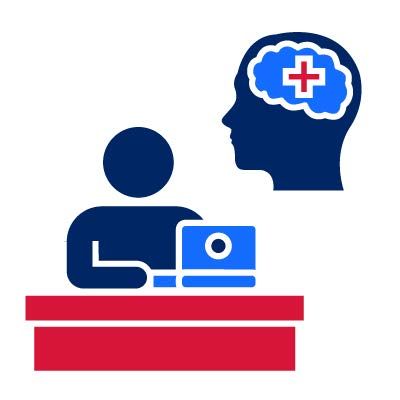
In this guide, we talk about how you can support your mental health at work.
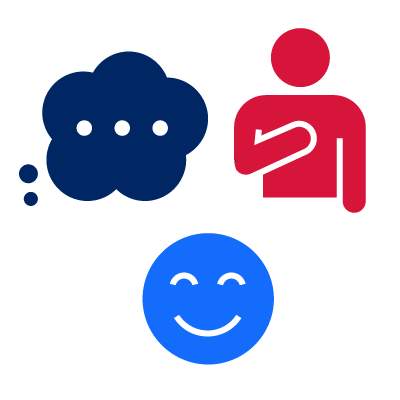
Your mental health is about how you:
- think and feel about yourself
- deal with things in your life
- manage your feelings.
Why it’s important to support mental health at work

A workplace that supports mental health is good for everyone.

A workplace is any place you might work, such as:
- an office

- a factory

- a shop
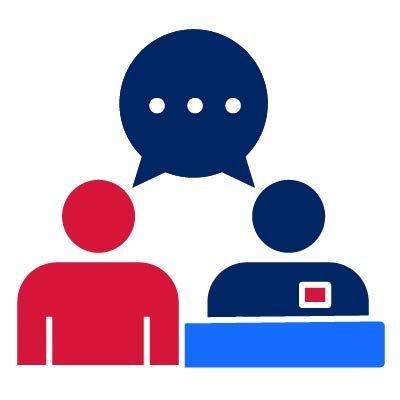
a service.

Everyone has the right to a safe and healthy workplace.
Rights are rules about how people must treat you:
- fairly
- equally.
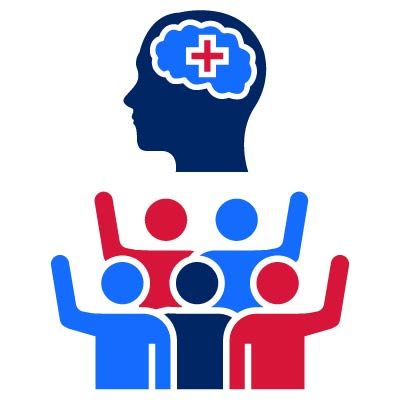
Everyone has a role to make sure their workplace supports mental health.

This includes:
- workers
- employers.
An employer is a person who hires other people to work for them.
What employers need to do

Employers need to make sure the workplace is safe and healthy for workers.

This means employers need to check the workplace to find out what could affect a worker’s mental health.
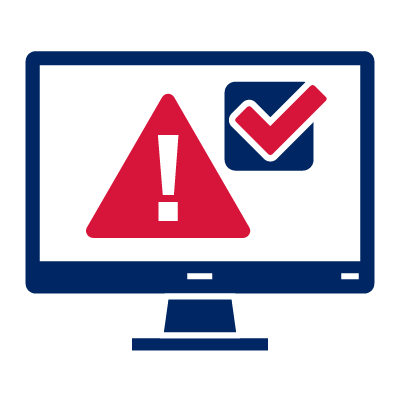
It also means that employers need to fix any problems they find.
Learn more about how to find these problems and how to manage them on the WorkSafe NSW website.

Employers need to protect workers from discrimination in the workplace.
This includes discrimination because of someone’s mental health.

Employers cannot tell anyone else about a worker’s mental health unless they say it’s okay.

Employers need to look at reasonable adjustments for workers who need support to keep working.

Employers need to have a plan that supports people to come back to work after they have experienced mental illness.

Find out more about return to work programs on the SafeWork NSW website.
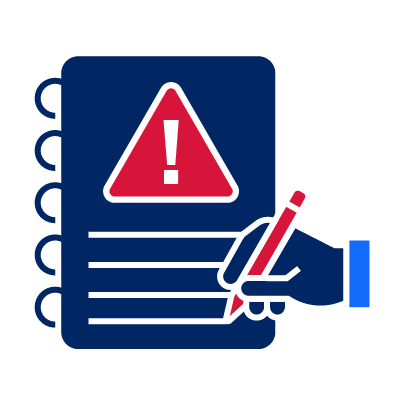
Employers need to keep a record of all the injuries that happen in the workplace.
This includes an injury that affected someone’s mental health.
Your rights as an employer
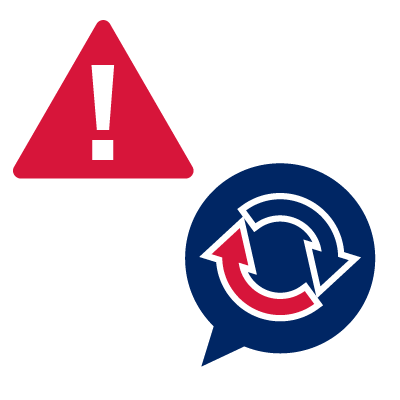
Employers have the right to ask workers about their mental health if:
- it is affecting their work
- they have asked for reasonable adjustments.
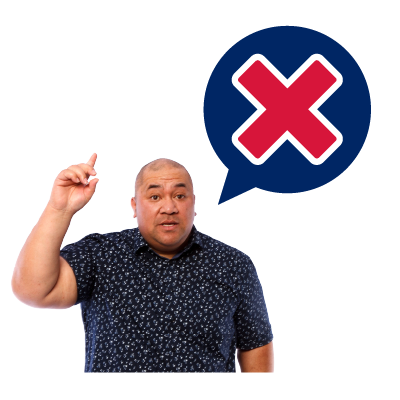
Employers have the right not to make changes in the workplace if they are not reasonable.
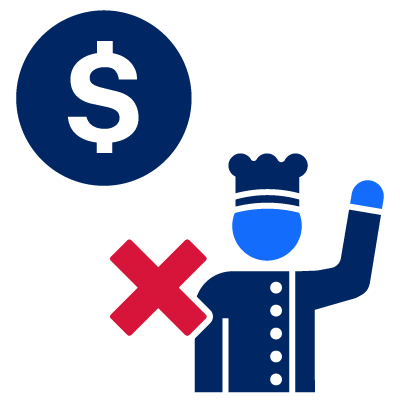
For example, if the changes:
- cost a lot of money
- stop other people from doing their job.
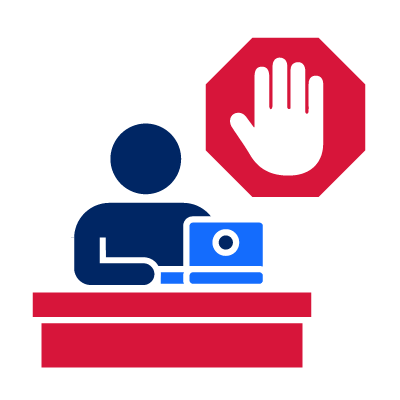
Employers have the right not to make changes in the workplace if they will stop a worker from doing their job.

Employers must clearly explain to workers why they cannot make these changes to the workplace.
